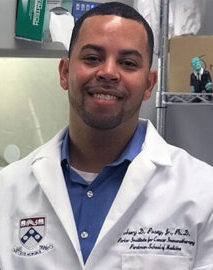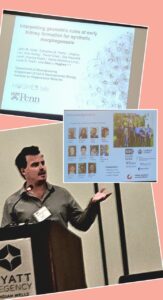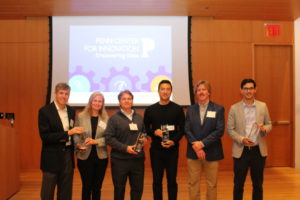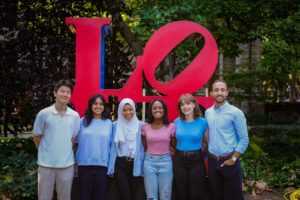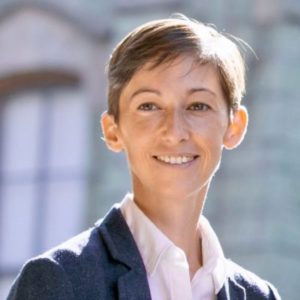
Savan Patel, a fourth year Penn Bioengineering student, is one of 42 finalists competing for a 2023 Hertz Fellowship in applied science, mathematics, and engineering, one of the most prestigious Ph.D. fellowships in the United States. Chosen annually, the Hertz Fellowship is awarded to the nation’s most promising graduate students in science and technology.
From the Hertz Foundation website:
“Since 1963, the Hertz Foundation has granted fellowships empowering the nation’s most promising young minds in science and technology. Hertz Fellows receive five years of funding valued at up to $250,000, which offers flexibility from the traditional constraints of graduate training and the independence needed to pursue research that best advances our security and economic vitality […]
Over the foundation’s 60-year history of awarding fellowships, more than 1200 Hertz Fellows have established a remarkable track record of accomplishments. Their ranks include two Nobel laureates; recipients of 10 Breakthrough Prizes and three MacArthur Foundation “genius awards”; and winners of the Turing Award, the Fields Medal, the National Medal of Technology, and the National Medal of Science. In addition, 50 are members of the National Academies of Sciences, Engineering and Medicine, and 34 are fellows of the American Association for the Advancement of Science. Hertz Fellows hold over 3,000 patents, have founded more than 375 companies and have created hundreds of thousands of science and technology jobs.”
Patel is studying Bioengineering and Finance in the Jerome Fisher Program in Management and Technology (M&T), an interdisciplinary dual degree program coordinated by Penn Engineering and the Wharton School of Business. He is currently a member of the lab of Michael J. Mitchell, J. Peter and Geri Skirkanich Assistant Professor of Innovation in Bioengineering. Patel’s research interests lie at the interface of drug delivery and immunoengineering. His current project involves the use of modified cholesterol molecules to induce shifts in the biodistribution of ionizable lipid nanoparticles (LNPs). Following graduation, he intends to pursue a Ph.D. in bioengineering in which hopes to develop translatable immunotherapies and drug delivery platforms.
If chosen, the Hertz Fellowship will fund Patel’s graduate studies. Selected from over 750 applicants, Patel is one of fifteen undergraduates and one of two bioengineering students to make the final round of interviews. After a culminating round of interviews, the 2023 Class of Hertz Fellows will be announced in May.
Learn more about the Hertz Fellowship and read the full list of finalists here.

